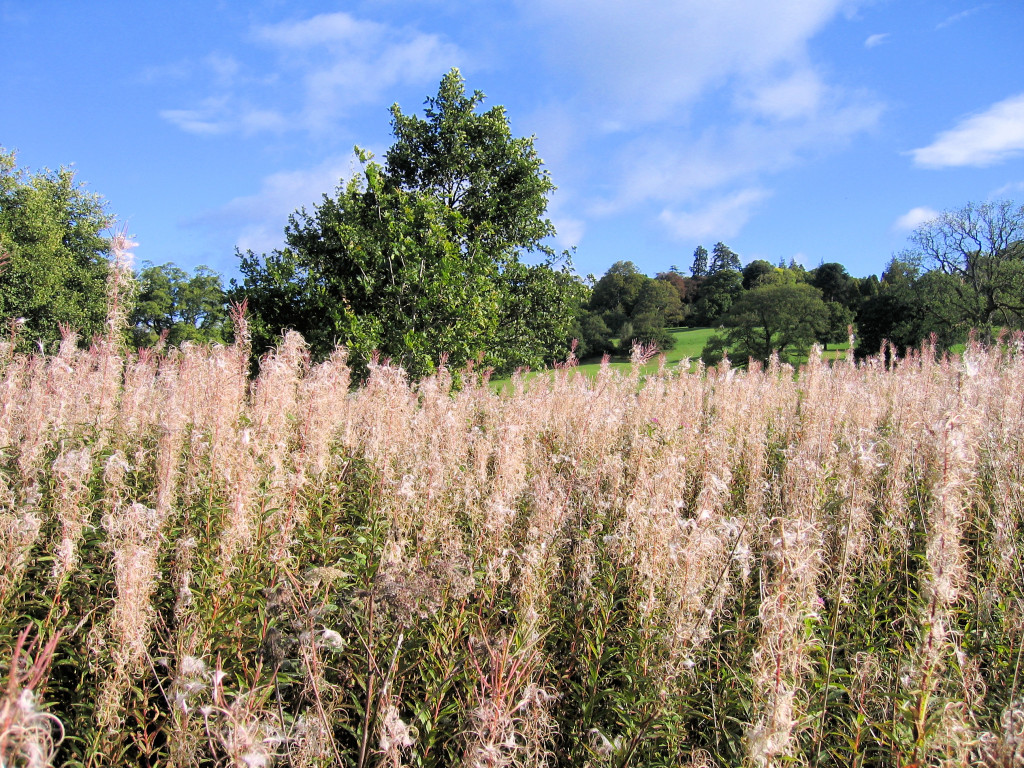Did you know that there may be a very profound connection between long-term eczema and seasonal springtime pollen allergies? When spring breezes come in and the pollen from trees, and flowers takes to the air, many families find that eczema symptoms get worse – but what’s the correlation?
The Eczema State
When a child suffers from eczema, their bodies are in a near constant state of immune response. From inflammation to immune triggers, eczema keeps the body on high alert to anything it thinks might be a threat. When eczema is a long term issue with a child, it can cause their bodies to be more sensitive to other allergens that otherwise might not cause much trouble.
Spring Allergies
Common springtime allergies that result from pollen, spores, or other allergens usually go unnoticed by most people. If they do cause a problem, it’s usually in the form of a few days of sniffling or itchy skin. In children with eczema, however, the smallest seasonal springtime allergy can inflame their eczema. When the body is already fighting hard to keep the eczema inflammatory response under control, the addition of another allergy response can simply be overwhelming.
Many families find that during the springtime their children’s eczema becomes worse. The good news is that there are some simple things you can do to help cut back on allergic responses during this beautiful season so that your children can enjoy everything it offers.
Avoiding The Allergy
Here are some simple tips that can help your child feel less allergies and more fin this spring…
- When the wind is blowing, it’s a good idea to stay inside. Wind often carries pollen, mold, and spores; and can even knock them loose from plants and trees adding to how much is in the air. A small spring breeze may be okay, but anything really noticeable may be a good sign to have an indoor play day.
- Some expert allergists recommend anti-histamines and other allergy-blockers during the spring. Don’t hesitate talking to your family doctor to find out if some extra support might help your child out this season.
- Try to take note of days, weather conditions, times of day, and other environmental factors that are present when your child’s allergies and eczema flare up. You may be surprised to find that after a week or collecting data you are able to pinpoint some triggers that you can avoid moving forward.
- Try to focus on a low-allergen diet during the spring to give your child’s immune system as much extra energy as possible. The more reactions you can prevent, the better!
Here’s to a beautiful, fun, and eczema-free spring!


Pingback: Spring Allergies And Eczema : Eczema-Help